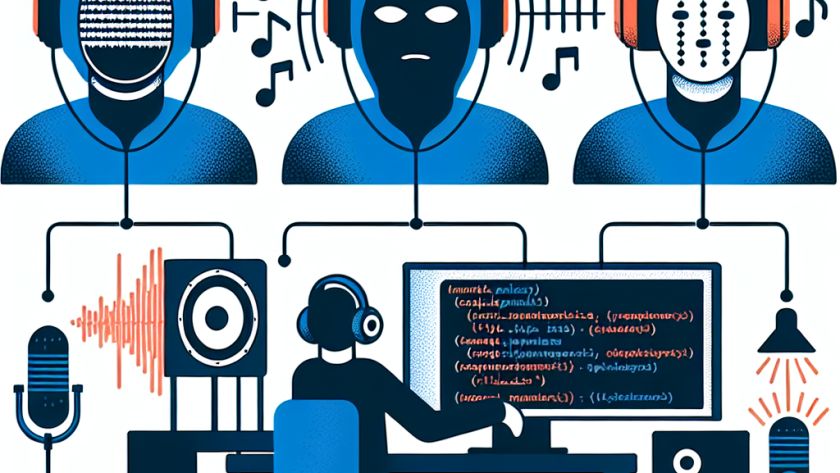In response to a call from MIT President Sally Kornbluth and Provost Cynthia Barnhart, researchers have submitted 75 proposals addressing the use of generative AI. Due to the overwhelming response, a second call was issued, with 53 submissions. A selected 27 from the initial call, and 16 from the second have been granted seed funding.…





